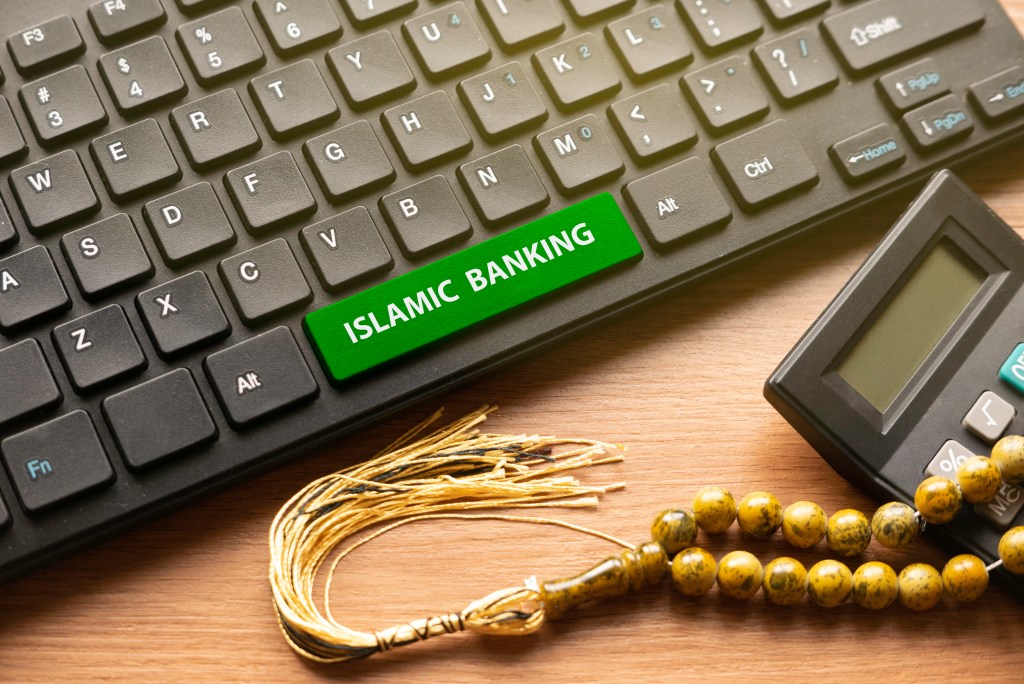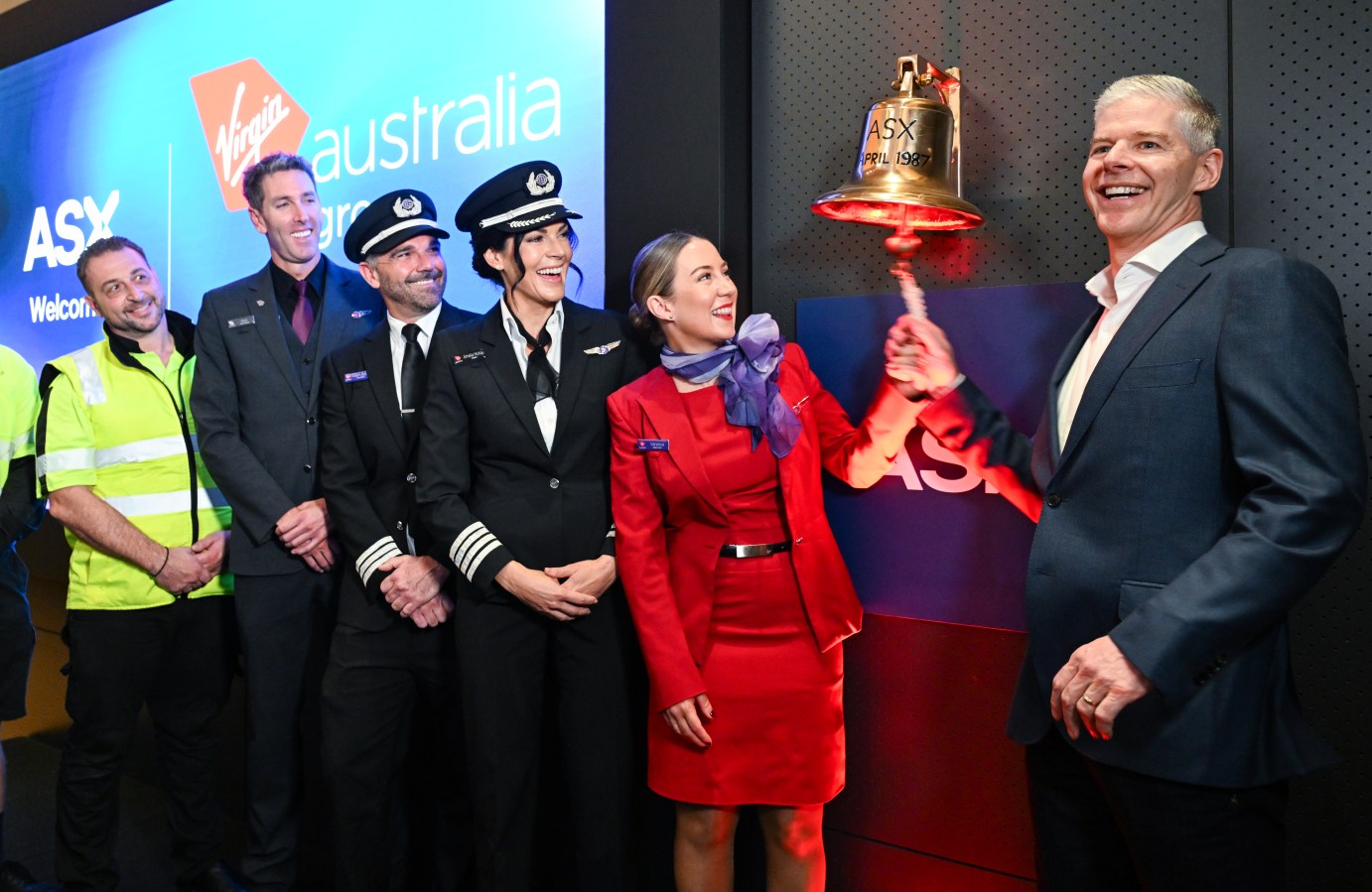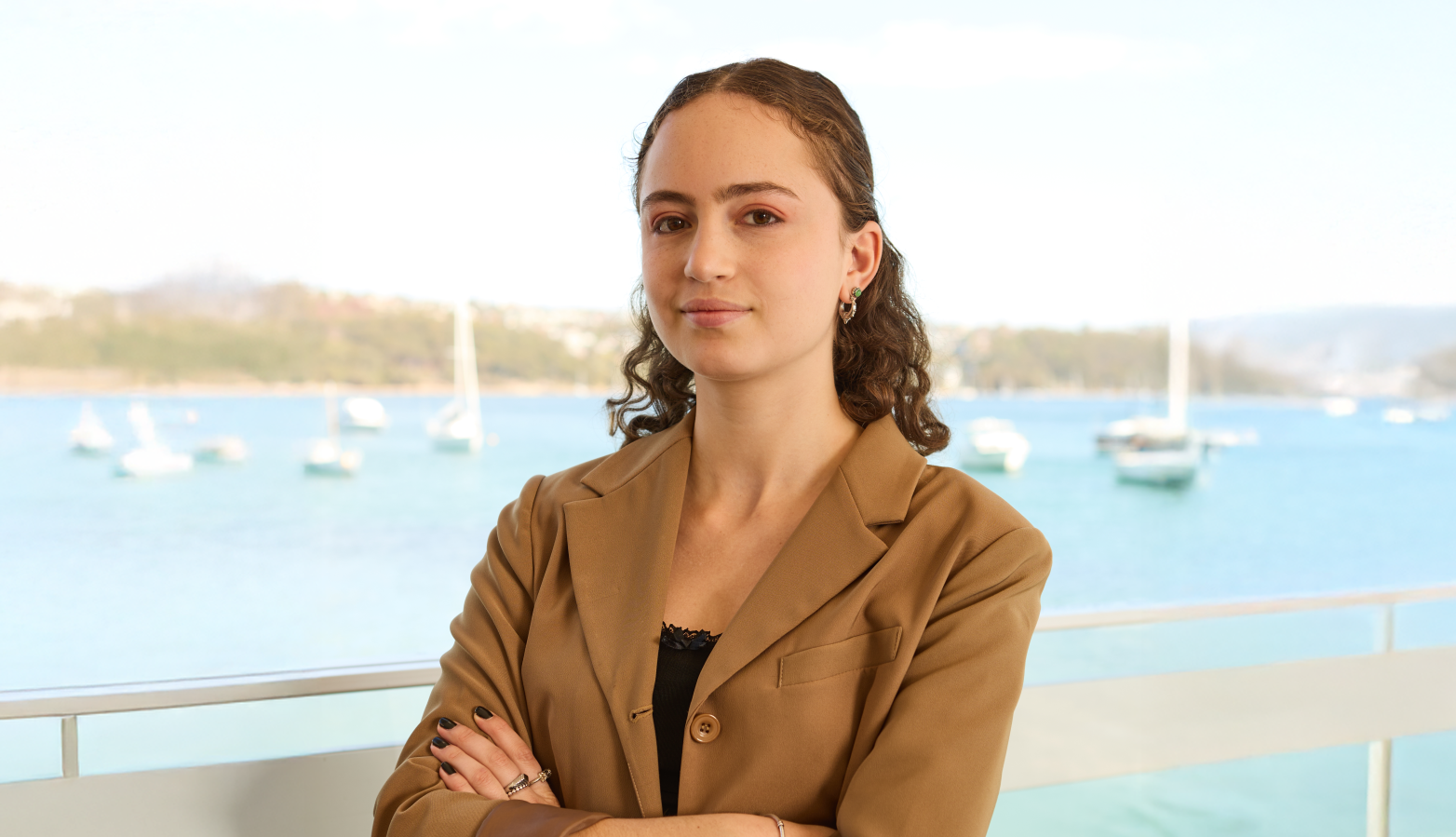There are a lot of synergies between Islamic investing and the wider ESG investing field.

There are no grey areas in what you can and cannot invest in to be Shariah-compliant. As a type of socially responsible investing, the concept can require considerable effort to implement since attention must be paid to compliance with a comprehensive set of rules and requirements guided by the Shariah principles.
Here in Australia, one superannuation fund generates returns for its Islamic investors. Crescent Wealth’s Head of Investments, Mas Harris, says it’s Australia’s only APRA-registered Islamic superannuation fund.
“In many ways, we operate the same as every other super fund, but in terms of investing, we’re very much different,” says Harris in an interview with Forbes Australia. “Members are Australians of Islamic faith who want to invest via the tenets of their faith, but we are open to everybody else.”
The Crescent Wealth superannuation fund is an APRA-registered superannuation fund that has been around since 2013. “We currently manage over $400 million in funds for our members, and we have over 12,000 members,” says Harris. Performance since inception is 5.04% for the Growth Option and 4.18% for its Balanced Option as of 31 December 2022.
Investing by their faith
“We’re here to help grow our members’ retirement nest egg so they can retire in a dignified way. We’re doing it to ensure that we can be as competitive as possible so that our members aren’t necessarily disadvantaged just because they want to invest by their faith,” explains Harris.
He says the global Islamic finance industry is expected to reach US$5.9 trillion by 2026 from a base of US$4 trillion in 2021.
“Australia isn’t the world’s biggest Islamic market, so we must go overseas. We’re part of a much larger Islamic investment world globally, providing us with opportunities to tap into.”
Aligns with ESG
Islamic investment principles align very strongly with ESG and basically are meant to encourage investments in areas that benefit humanity, Harris says.
“That alignment provides us with many opportunities, and that’s a trend that is growing in Australia, not just for us, but also for other funds. That’s our foundation.”
Over the past 18 months, volatility in listed assets has led to a trend towards unlisted investments, which Harris says is something the fund will look at.
Forbes Australia issue 3 is out now. You can pick up your copy at all good newsagents or become a member here.
“We’ve been really early at looking at sectors that have now come into vogue, for example, healthcare, and we’ve benefited from early entry into that. The investment universe is a little more constrained, but that allows us to focus on things that other funds may not look at.
“In terms of the alternative space, we’ve done things like water rights – investing in water – and we’re hoping to announce similar types of investments shortly… Food is an area we’re looking at.”
Making trends
He says more institutional investors investing in these areas can change trends to help prevent wastage and boost food resources and promote efficiencies in industries.
One of the restrictions is investing in companies with very high debt levels. That can limit investing in many technology companies and banks, and Crescent doesn’t have a large exposure to mining companies that need to be capital-intensive and might borrow heavily.
“Our belief is that having to invest by Islamic principles doesn’t necessarily mean that there is a detriment to overall returns. There are plenty of opportunities for specialist investors like us. Especially if you do it diligently and intelligently,” Harris says.
Building a portfolio
For retail investors, Islamic financial services provider Sydney-based Meezan Wealth Management has launched Meezan Invest’s Islamic Growth model portfolio, where the minimum investment is $5,000.
Meezan Wealth Management Founding Director Rokibul Islam says it was established in response to demand from Australian Muslims who wanted a simple and easy-to-use way to grow their wealth via professional portfolio management while staying true to their values.
“At the moment, those with smaller lump sums are shut out from investing in Islamic-compliant portfolios. And because putting money in interest generating accounts is forbidden for Muslims, they have limited options apart from just letting money sit there and be eroded by inflation.”
Islamic investors might normally need a minimum of as much as $50,000 to access an Islamically compliant investment portfolio, the company says.
This portfolio “is designed to open up investment opportunities to all Australian Muslims whether they have small or large amounts to invest”.
The Meezan Islamic Growth model portfolio targets a return of CPI plus 4.5% per annum from a portfolio of 10-30 Australian and international holdings predominantly made up of mid to large-cap shares and alternative investments.
The portfolio is managed by Lifespan Financial Planning’s Investment Committee, which has over 80 years of combined investment experience.
Meezan engages IdealRatings to filter out shares that are not Shariah compliant, such as those from companies involved with adult entertainment, alcohol production and sales, cinema, conventional financial services, defence, gambling, tobacco and pork.
This article should not be regarded as the provision of advice of any nature from Forbes Australia nor the people quoted in it. The article is intended to provide general information only and does not take into account your individual objectives, financial situation or needs. Past performance is not necessarily indicative of future performance. You should seek independent financial and tax advice before making any decision based on this information, the views or information expressed in this article.
Look back on the week that was with hand-picked articles from Australia and around the world. Sign up to the Forbes Australia newsletter here.


